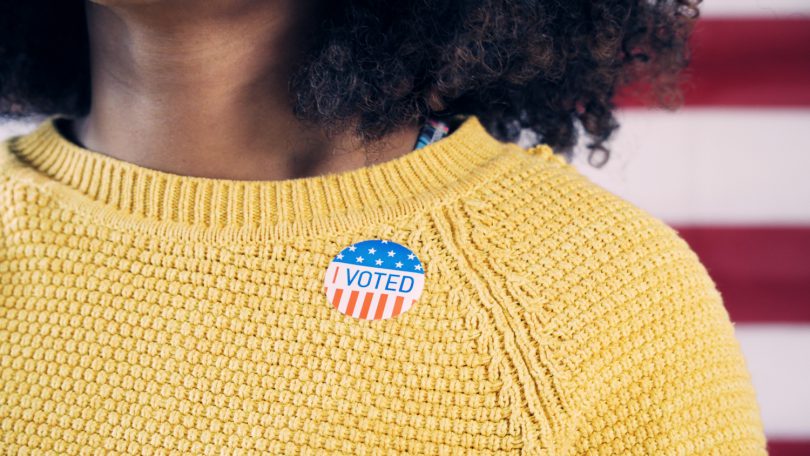A profession has a responsibility to engage in public service — especially in times of crisis. This year surely meets that criterion: a raging pandemic, a shattered economy, a divided national polity. The year 2020 has rightly been called an annus miserabilis, Latin for “a miserable year.”
During these troubled times, PRSA, its individual members and PR practitioners nationwide have undertaken a host of pro bono public service responsibilities. It is not incidental to PRSA’s mission that the Paul M. Lund Service Award is given to a member whose “participation as a volunteer in important public activities has increased the common good and reflected credit on the Society.”
Coronavirus communications
In March, PRSA addressed one of its public-service responsibilities with an instructive PRsay post titled “How Communicators Can Help Inform the Public during COVID-19 Crisis.”
The post reported that PRSA and the PRSA Health Academy are taking action to involve members in addressing the communications challenges of the pandemic, and offered guidance to start conversations that help the general public decipher information about the coronavirus.
To summarize the counsel: Be transparent. Be truthful. Be timely.
Voting information
Providing information to help people vote is another public-service responsibility. The right to vote is the cornerstone of democracy, and makes government by consent of the governed possible. Voting has been invoked as “the most powerful expression of democracy.” Indeed, every vote is a voice heard.
Susan B. Anthony was uncompromising on voting: “Someone struggled for your right to vote. Use it.”
Curated from informed nonpartisan, nonprofit sources, here is some practical information about voting and voter registration:
- USA.Gov, an official website of United States government: Voting and elections, How to register to vote, How to vote
- Consumer Reports: “Your Guide to Voting During the Pandemic”
- Democracy Works, a nonpartisan, nonprofit organization whose software developers, public-policy wonks and civic organizers are building tools to upgrade the infrastructure of our democracy: Whether it relates to the coronavirus pandemic, the 2020 elections or other topics of public concern, performing the service of giving people reliable information from informed sources is — among many other things — at the heart of what we do as PR professionals.
John Paluszek, APR, Fellow PRSA, is executive editor of the blog and video series “Business in Society.” A former national president of PRSA and chair of The Global Alliance for Public Relations and Communication Management, he has served as co-chair of the Commission on Public Relations Education. Paluszek is a graduate of Manhattan College with an honorary degree, Doctor of Humane Letters, from that institution.
Photo credit: made 360








Thank you for your leadership, John. You consistently encourage the public relations profession to operate at the highest standards.